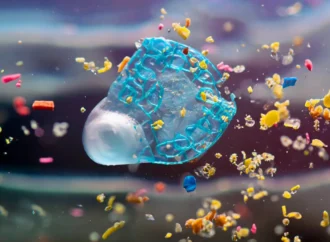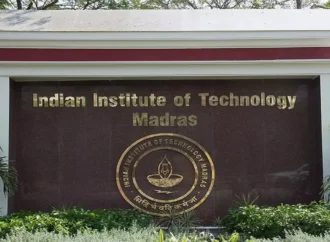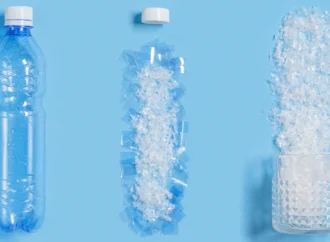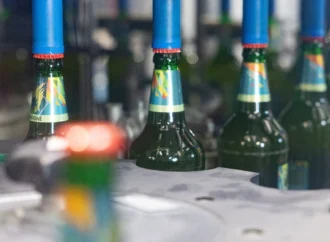 Food Manifest
Food Manifest
The house of resource for food safety.
microplastics
- Home
- microplastics

Microplastics Risk: Madras High Court Urges Centre to Act0
- A to Z, Food Hygiene, Food Safety, News
- February 7, 2026
Key Update Expressing concern over the health risks posed by microplastics in food and water packaged in plastic containers, a special division bench of the Madras High Court on Friday urged the Centre to mandate warning labels on such products. Impact on Pregnant Women and Future Generations The bench, comprising Justices N. Sathish Kumar and
READ MORE
Tamil Nadu asks IIT Madras to study plastics in food packaging0
- A to Z, Food Hygiene, Food Safety, Health & Wellness, News
- January 28, 2026
Key Development The Tamil Nadu government informed the Madras High Court that it has requested IIT Madras to conduct a detailed study on the type of plastic suitable for food packaging and packing materials, especially for hot food and beverages. Focus on Hot Foods and Single-Use Plastics The proposed research will examine the impact of
READ MORE
Kerala High Court Directs FSSAI to Act on Microplastics in Bottled Water0
- A to Z, Food Hygiene, Food Safety, Health & Wellness, News
- November 22, 2025
Petition Highlights Health Risks and Consumer Rights The Kerala High Court has directed the Food Safety and Standards Authority of India (FSSAI) to take action after studies revealed the presence of microplastics and nanoplastics in bottled water. Environmental activist C.R. Neelakandan filed a petition citing national and international tests that detected plastic particles in water
READ MORE

Inside Your Paper Cup: What You’re Really Drinking Might Shock You!0
- A to Z, Food Hygiene, Food Safety, Health & Wellness, News
- September 26, 2025
Overview Hot beverages served in disposable paper cups can release thousands of microplastic particles into the drink due to the plastic lining inside the cups. Although called “paper” cups, these containers typically have a thin plastic coating that breaks down when exposed to heat. Studies show that within just 15 minutes of holding hot liquid
READ MORE
Kerala Warns: Paper Cups Aren’t So Safe0
- A to Z, Food Hygiene, Food Safety, News
- September 20, 2025
Key Update The Kerala Legislative Assembly on Friday raised serious concerns about the health and environmental hazards posed by so-called “paper cups,” which often contain toxic coatings and imperceptible microplastics. Janata Dal (Secular) MLA Mathew T. Thomas urged Local Self-Government Minister M.B. Rajesh to take immediate action against their widespread use, particularly in serving hot
READ MORE
Researchers In France Find Higher Microplastics Level in Glass Bottles0
- A to Z, Event, Food Hygiene, Food Safety, Health & Wellness, News
- June 23, 2025
Introduction A recent study by France’s food safety agency, ANSES, found that beverages sold in glass bottles contain significantly more microplastics than those in plastic bottles or metal cans. The team analysed water, soda, beer, lemonade, iced tea, and wine sold in France. They discovered that glass bottles held an average of 100 microplastic particles
READ MORE
Latest Posts
-

Microplastics Risk: Madras High Court Urges Centre to Act
- A to Z, Food Hygiene, Food Safety, News
- February 7, 2026
-

-

-

-

Kerala Warns: Paper Cups Aren’t So Safe
- A to Z, Food Hygiene, Food Safety, News
- September 20, 2025









